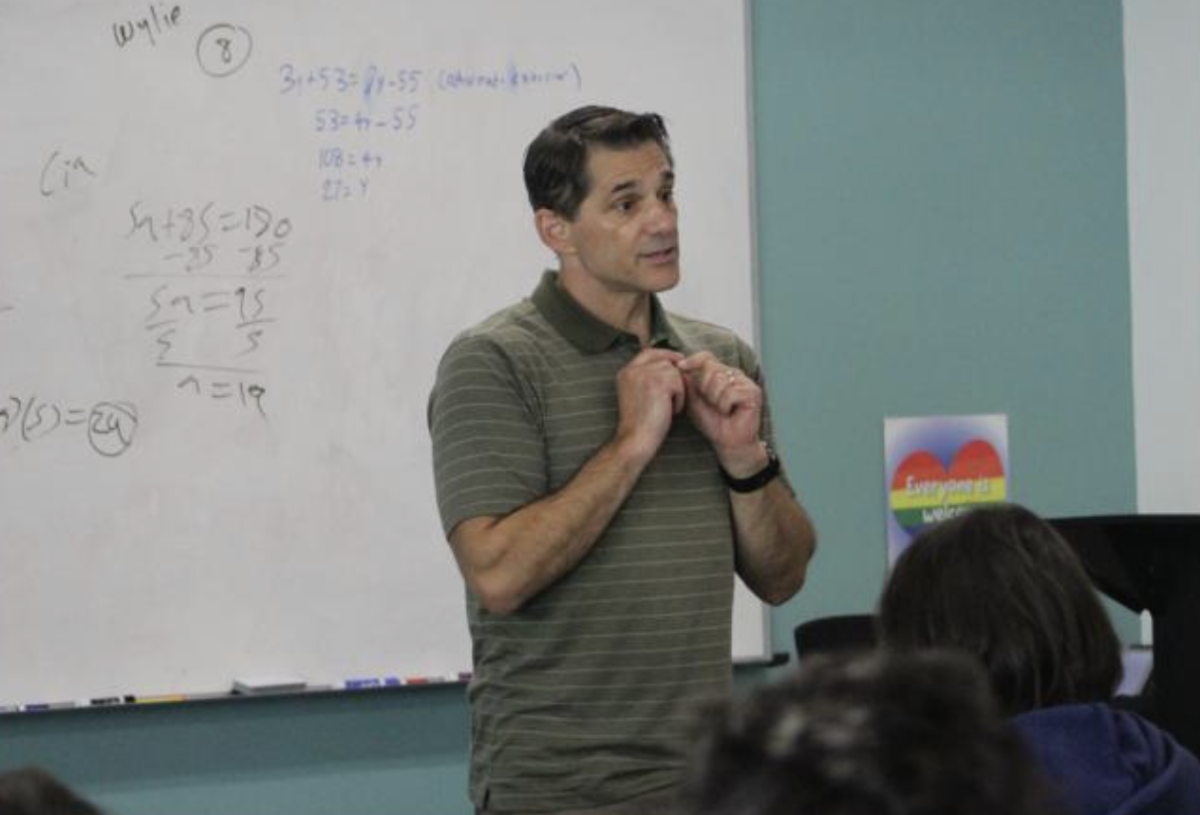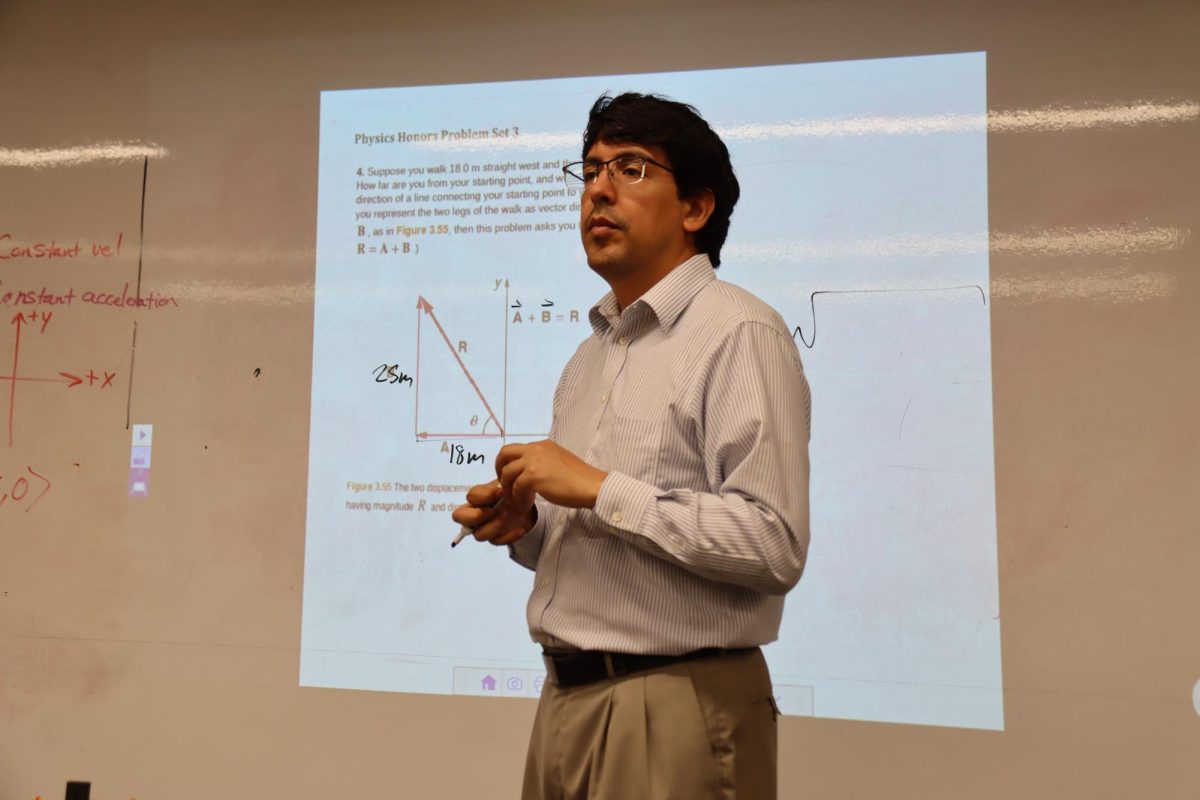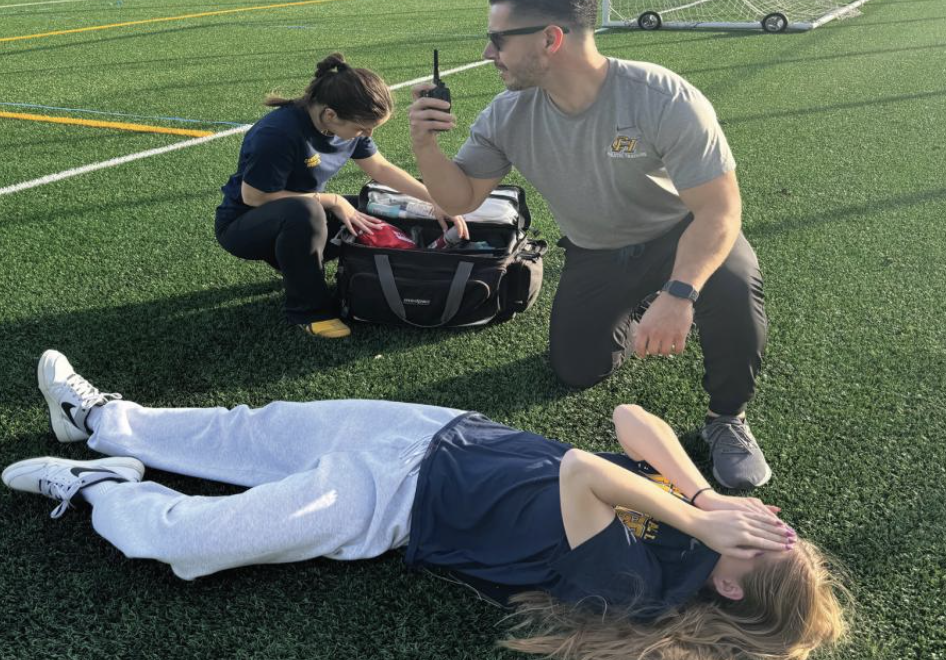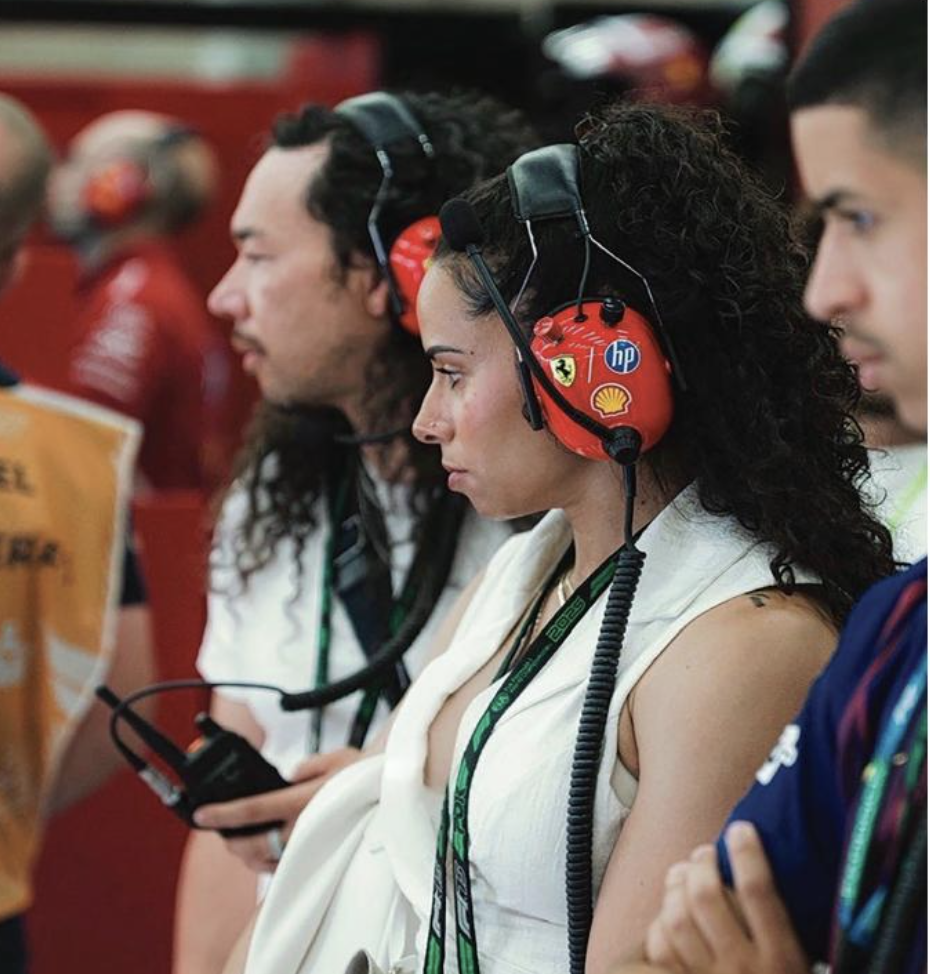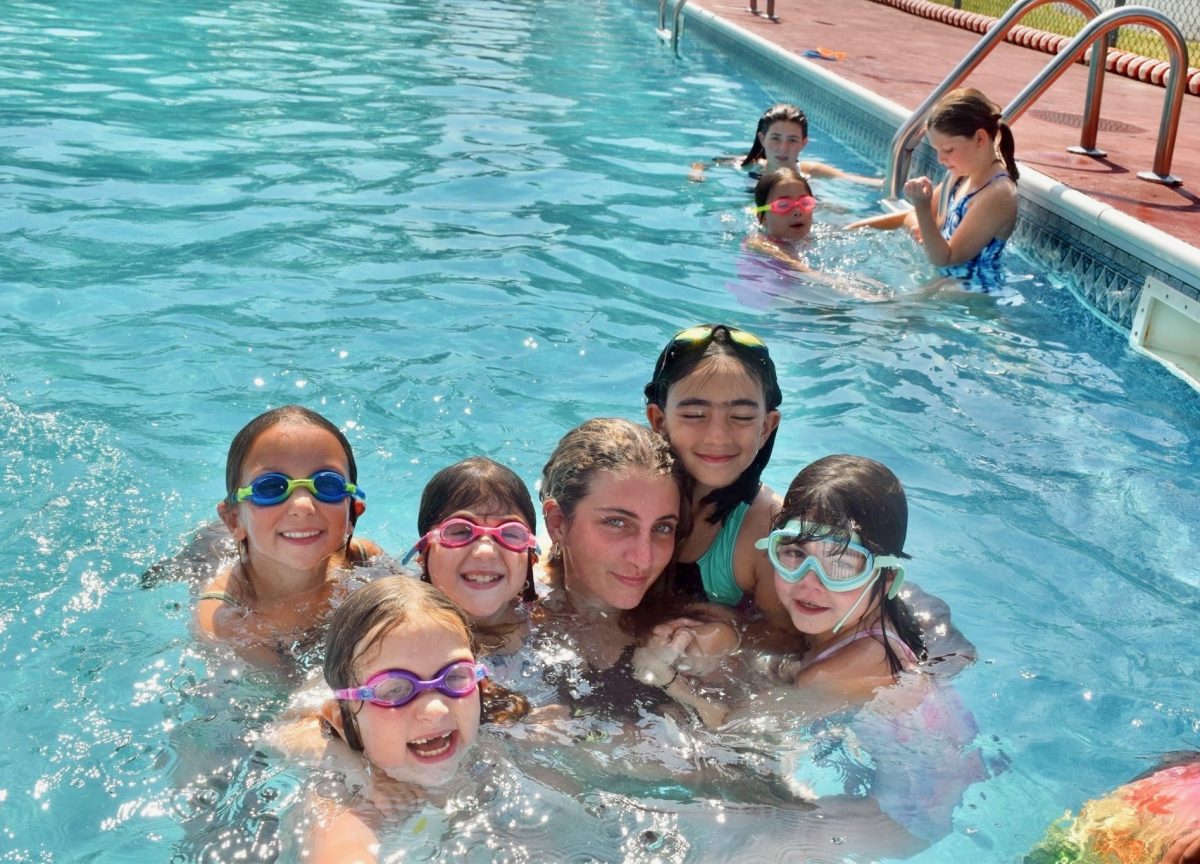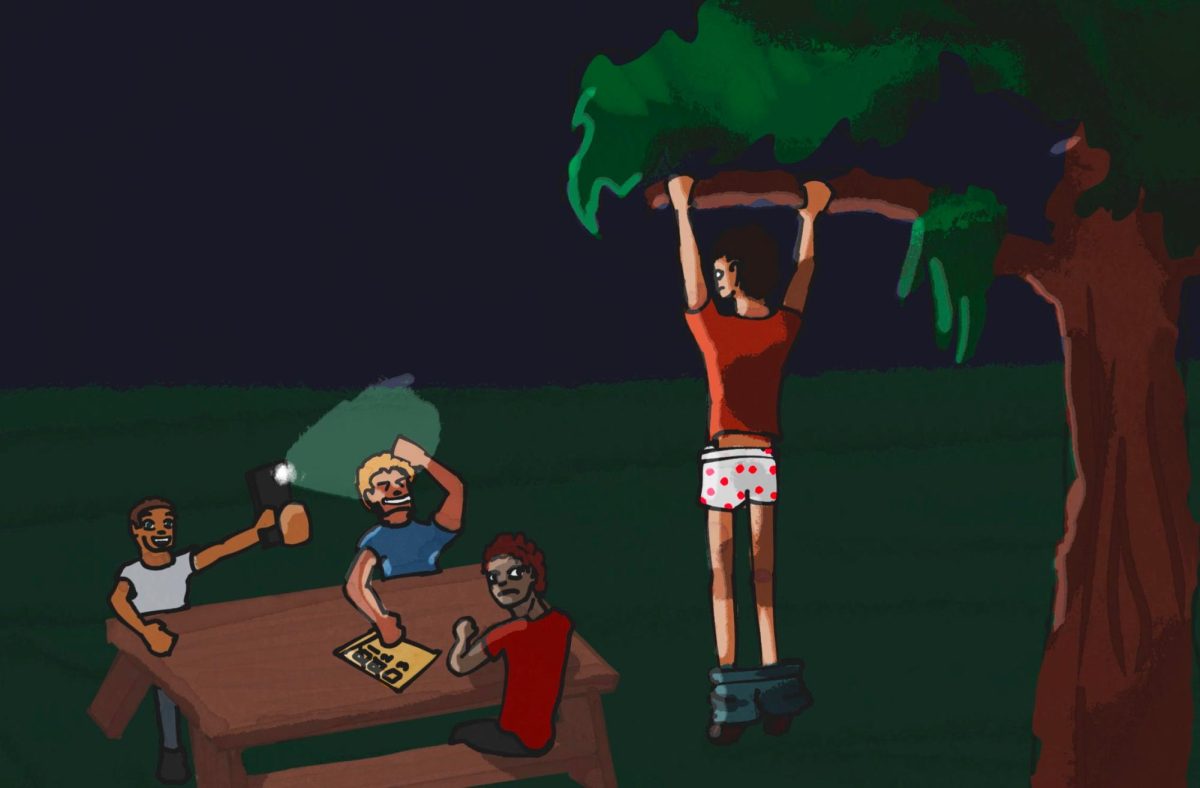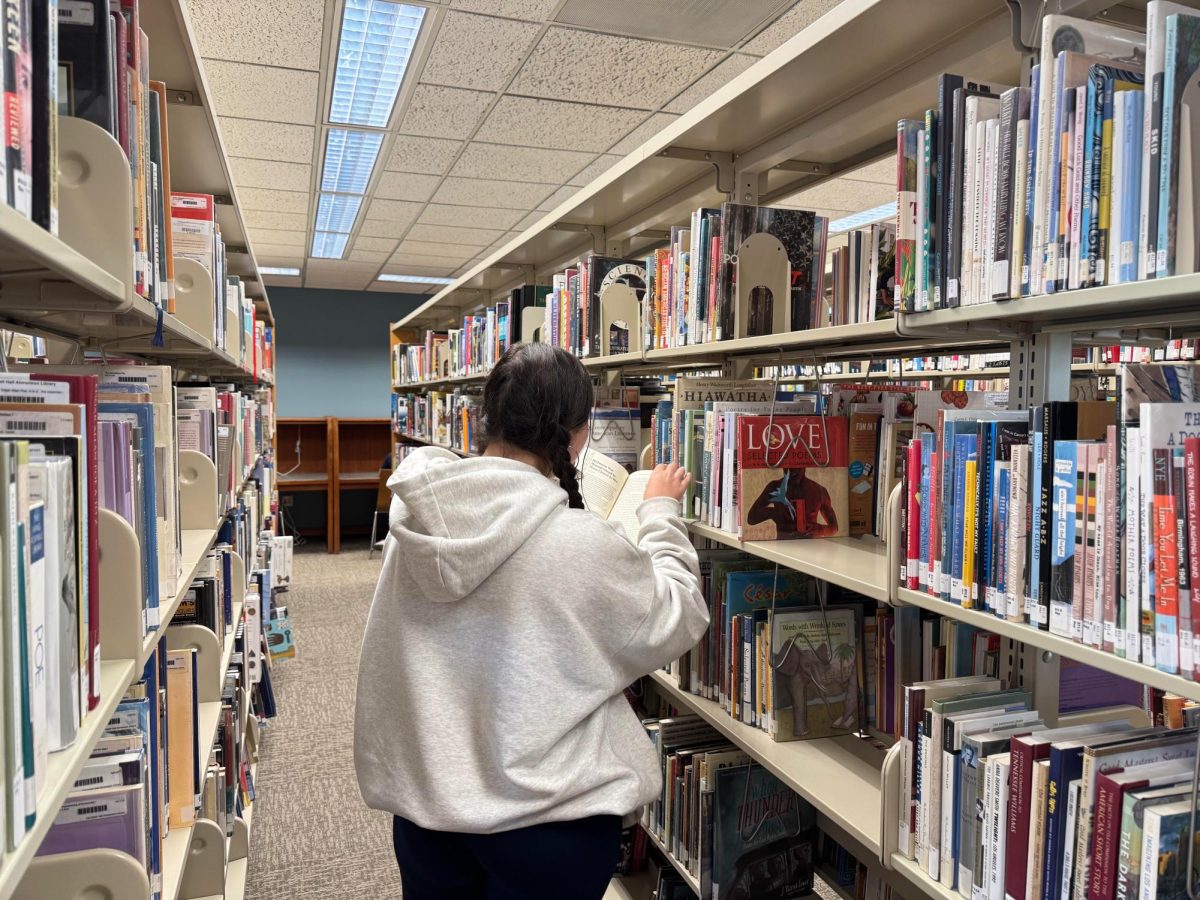Summer assignments at Campbell Hall are flawed. This isn’t the usual end-of-summer complaint that us students make, decrying the cruelty of summer work in hope that it will delay the inevitable return to school. No, we truly believe that there are shortcomings in the specific type of work that is assigned. As they currently stand, summer assignments harm student-teacher relationships, lower student confidence and lack the educational value that they are set out to achieve.
We get how important it is to give students an enrichment opportunity before school starts. We are well aware of the “summer slide” that confounds educators across the country, because we’ve experienced ourselves the kind of learning loss that happens when our minds are away on summer vacation. And we’ve heard the earnest defense of these assignments from our teachers, who hope this work will help prepare us for their class. That being said, there are several inherent flaws in the current structuring of these assignments.
Campbell Hall prides itself on the meaningful connections maintained between students and teachers. Students being out of school means these summer assignments lack that human factor. In the absence of teacher assistance, students may struggle to complete the assignments by themselves. Facing these assignments with no support from teachers can lower student confidence, possibly encouraging them to rely primarily on outside resources instead of taking advantage of what’s available to them during the school year. On top of this, the frustration caused by struggling through these assignments can be projected onto teachers, vilifying them in students’ eyes— all before the class has even begun.
Due to the heavy curriculums of classes, especially those at the CHAI or Honors level, there is simply too much to cover in the year for these assignments to be discussed at length or even acknowledged meaningfully in class. Instead, teachers move on to the next topic, which fails to justify the value of this work in students’ minds. For those new to high school, 9th grade is a time already filled with stress and anxiety. Summer assignments are a student’s first experience with high school work; for many, it is their first experience with Campbell Hall. These students must struggle through assignments, blind to the expectations that will be put on them in the next stage of their educational journey. When summer assignments are lengthy and imposing, students can be intimidated by what seems like an insurmountable workload in the class. Rather than serve as an opportunity for meaningful learning, a lot of these summer assignments may unintentionally act as a measure to dissuade students from taking a class.
We understand that these failings of these summer assignments are not our teachers’ fault. Rather, they are the unfortunate consequences of a disconnect between hopes of summer learning and the reality of how students take on work. Ms. Taylor and the rest of the administration have implemented policies aimed at reorienting summer assignments toward skill-building and leaving time for students to relax in the summer. These are all steps in the right direction; however, more change is still needed.
Some of these assignments need to be reconsidered, focusing first on the realities of what students actually get out of them. While it is important to keep students’ brains active throughout the summer months, it’s also important to instill an excitement and desire to learn in the class that’s ahead of them. English teachers, we understand the disappointment that you must feel when many students don’t do the summer reading. While this frustration may be warranted, Honors and CHAI summer writing assignments require students to produce a large volume of work. This goes beyond the task of mastering a difficult text and pairs the reading with the difficulty of catering writing to a teacher they possibly haven’t even seen on campus. Instead, perhaps assign work that allows us to immerse ourselves in the themes and arguments of a novel and begin thinking critically about the rhetoric. Summer assignments in math seek to address learning gaps; however, concepts from previous years that students may have forgotten require direct teacher instruction. Math teachers, perhaps these topics could be addressed in class, during review sessions or in the math lab, and not be included as part of a graded assignment with which students struggle on their own.
While summer assignments have some issues at the moment, we ultimately believe that, with a little attention, they can be academically enriching while not limiting the joy and freedom of summer. By giving students a clearly-defined task with lots of guidance and little room for subjective grading and providing learning resources to accompany areas of the assignment that students might find difficult, we believe that summer assignments can truly meet their goal in allowing students to ease back into work and reacclimate to the school year.


